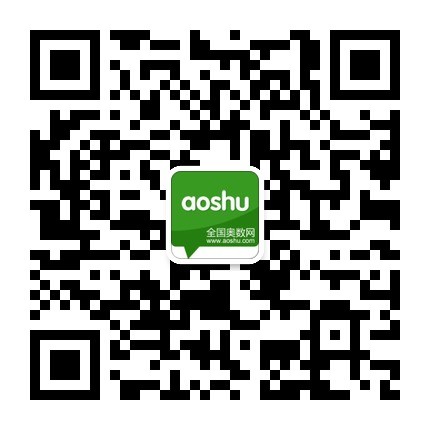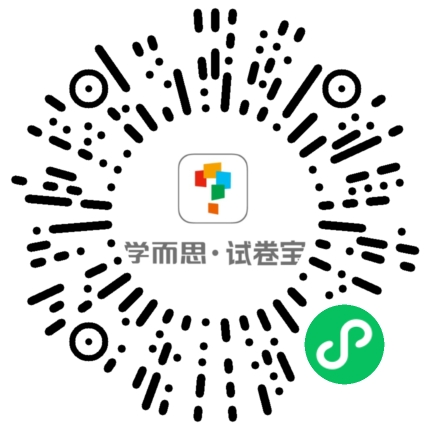2018哈尔滨小升初英语语法整理(2)
you-yourselves
she-herself
he-himself
they-themselves
2)做宾语
a. 有些动词需有反身代词
absent, bathe, amuse, blame, dry, cut, enjoy, hurt, introduce, behave
We enjoyed ourselves very much last night.
我们昨晚玩得很开心
添加个人微信号:78979748 进哈尔滨小升初家长交流群 获取更多教育经验、方法、学习资料
Please help yourself to some fish.
请你随便吃点鱼
b. 用于及物动词+宾语+介词
take pride in, be annoyed with, help oneself to sth.
I could not dress (myself) up at that time.
那个时候我不能打扮我自己
注:有些动词后不跟反身代词, get up, sit-down, stand up, wake up等。
Please sit down.
请坐
3) 作表语; 同位语
be oneself: I am not myself today.
我今天不舒服
The thing itself is not important.
事情本身并不重要
4) 在不强调的情况下,but, except, for 等介词后宾语用反身代词或人称代词宾格均可
如:
No one but myself (me) is hurt.
注意:
a. 反身代词本身不能单独作主语。
(错) Myself drove the car.
(对) I myself drove the car. 我自己开车。
添加个人微信号:78979748 进哈尔滨小升初家长交流群 获取更多教育经验、方法、学习资料
b. 但在 and, or, nor 连接的并列主语中,第二个主语可用反身代词,特别是 myself 作主
语。
Charles and myself saw it.
5)第二人称作宾语,要用反身代词
You should be proud of yourself.
你应为自己感到骄傲
5.相互代词
1)相互代词只有each other 和one another两个词组
他们表示句中动词所叙述的动作或感觉在涉及的各个对象之间是相互存在的
例如:





